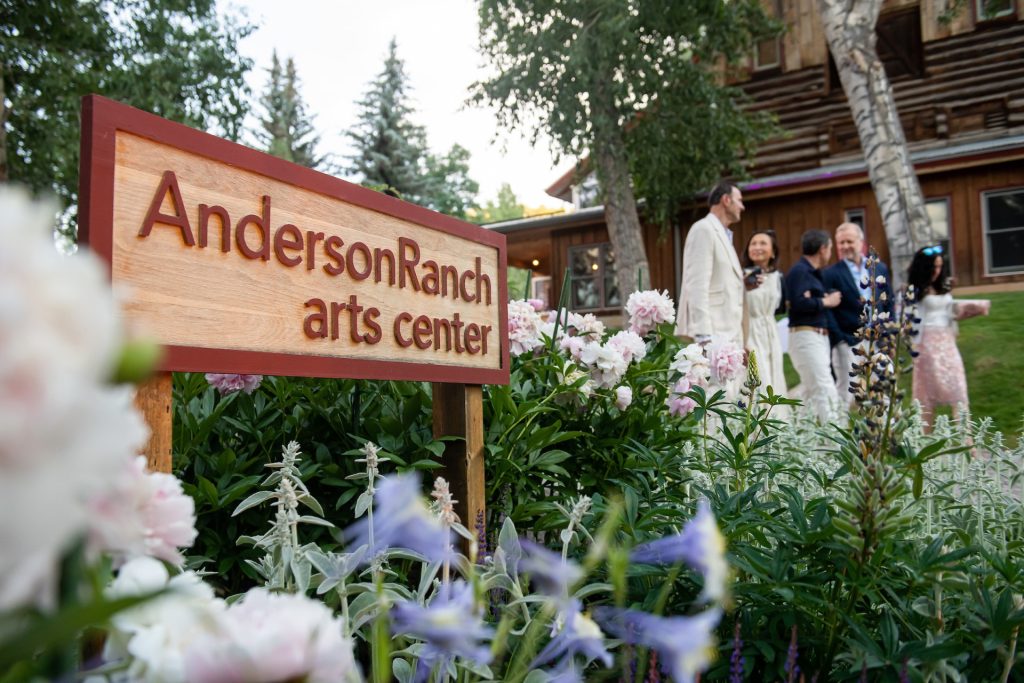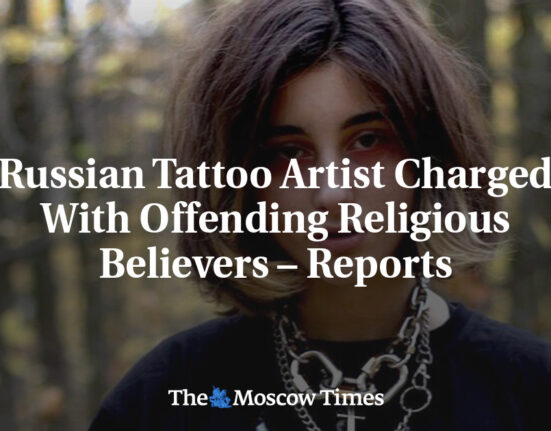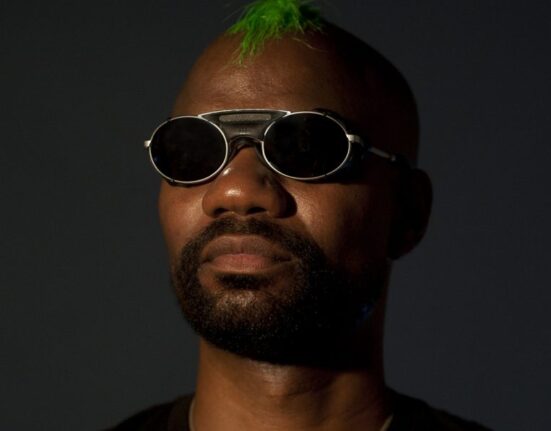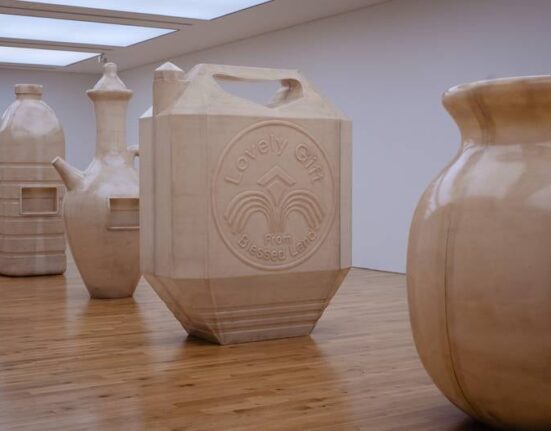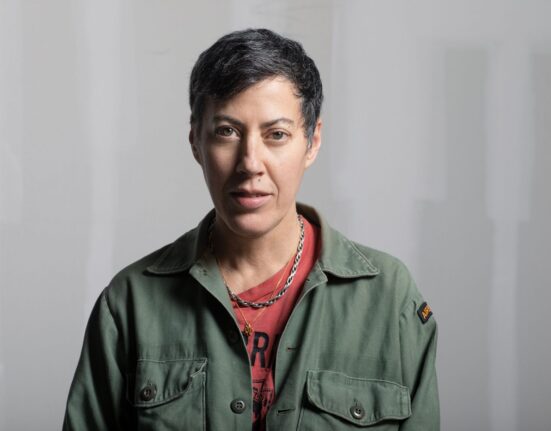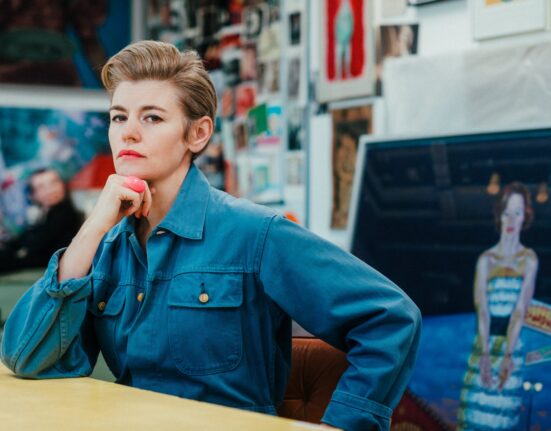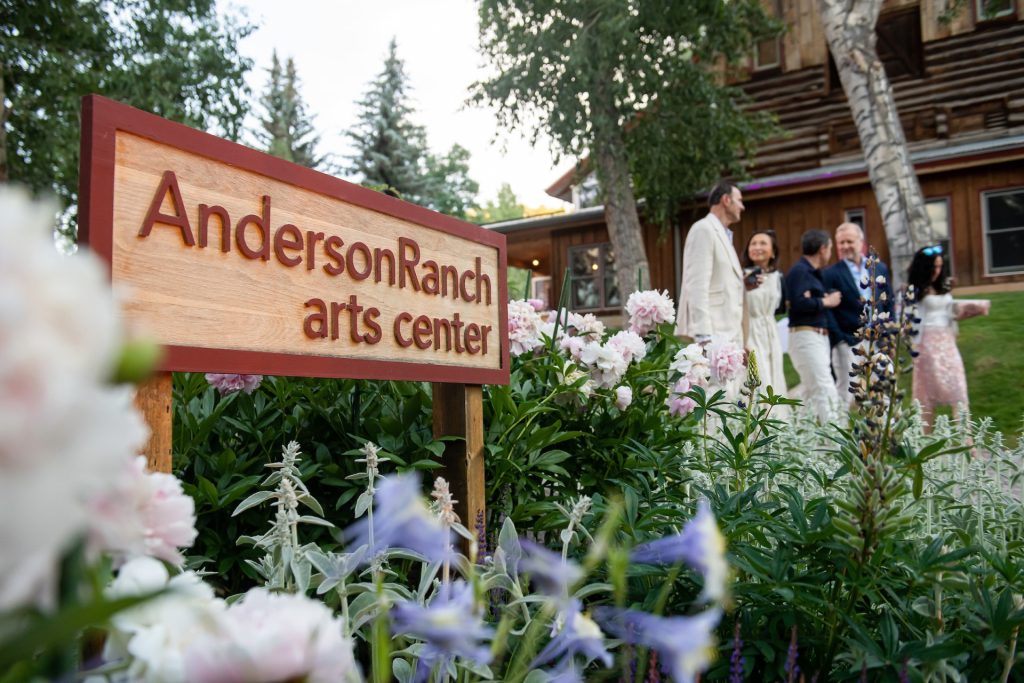
Anderson Ranch Arts Center/Courtesy photo
To kick off Aspen ArtWeek, Anderson Ranch Arts Center is hosting Critical Dialogue: Collaboration Between Sight, Sound and Performance.
This event, which takes place at 10 a.m. on Monday, is free and open to the public. It showcases the integration of two different artists from two different disciplines.
“The dialogue explores vital connections that are made across disciplines, particularly visual art and music, and the incredibly rich sensory experience that results. They’ll discuss the ways in which collaboration has evolved and become a core practice among many artists working today. Now more than ever, artists depend on community for enhanced artistic exploration and the deep experimentation that occurs collectively. This vibrant conversation uncovers the valuable approach to collaborative, cross-disciplinary artistic practice which is a leading force in the contemporary art world today,” a description of the event from Anderson Ranch said.
The artists are Alicia Hall Moran and Jason Moran. Hall Moran is an operatic mezzo-soprano and conceptual vocal artist. Moran is a pianist, composer and artist, as well as the Artistic Director for Jazz at The Kennedy Center.
“They are very intellectual leaders around collaboration in the arts, and they’re going to spend two hours in conversation with each other, but they’re also going to break out into performances during that conversation,” Anderson Ranch President and CEO Peter Waanders said. “What’s really special about what they’re doing is they’re here at Anderson Ranch because Anderson Ranch is an art-making community, and they want to talk to artists.”
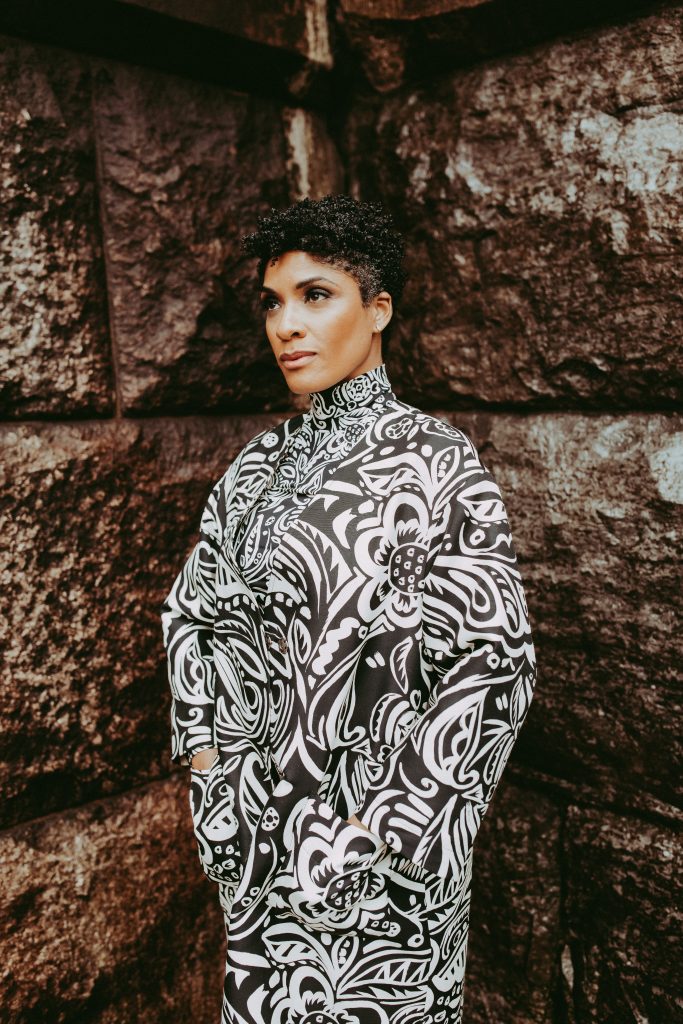
Waanders describes the duo as part of the second generation of a Black renaissance in art. They possess knowledge and history of Black artists, like Miles Davis and Felonious Monk, but the Morans push their modern practices forward for a new generation in the form of collaboration between different art mediums.
“The cultural perception of Black artists and the African-American community is that this is an approach to presenting that culture as very celebratory. It’s also very steeped in understanding the history and the challenges of those artists,” Waanders said. “Like Jason Moran talks about how Thelonious Monk was attacked by a police officer on the way to one of his performances, bleeding, went on stage and performed this amazing concert. It is the ability to overcome what a generation before faced and a new generation looking at: How do we continue to bring these forms together and bring those into a mainstream culture?”
Hall Moran reflects this sentiment. She said a good collaboration is the coming together of two minds. In it, the needs of both creators are met, but the art accomplishes something bigger than the artists themselves. Collaboration is one of her favorite modes of performance.
“The great artists I’ve been most molded by include artists across a long spectrum of creativity, and some are famous — but many more are not,” she said. “For this reason, I believe I’m asked to partner with people when they are looking for a new answer, the kind that generates within but needs another lifter, or a scout, or a cohort willing to make the same journey on a parallel plane.”
Jason Moran will also be doing a public performance for the Aspen Art Museum later in the week. His performance will take place on Aspen Mountain on Thursday night.
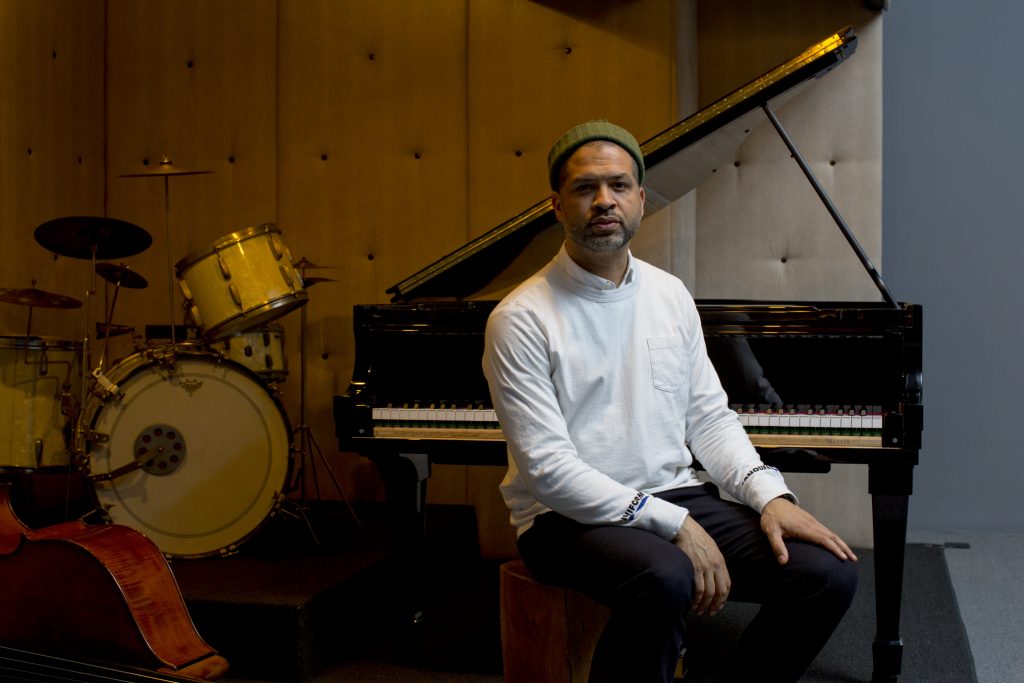
For him, music is an inherently collaborative form. Musicians find themselves in a community often, whether discussing a song, a solution or a dynamic shift. One of the ways that furthers understanding of the stage’s potential is to collaborate with artists.
“The arts have always had the ability to give a thermometer reading of an ailing society,” he said. “Our complete devotion to the techniques of our incredible teachers makes our work unique but also stands as a testament to a craft that has been passed down to us. Part of our teachers’ understanding of their place within time strengthens our ability to stand on a stage to tell a truth yesterday, today, and tomorrow. This has always been inherent to our work. It is as ordinary as breathing.”

